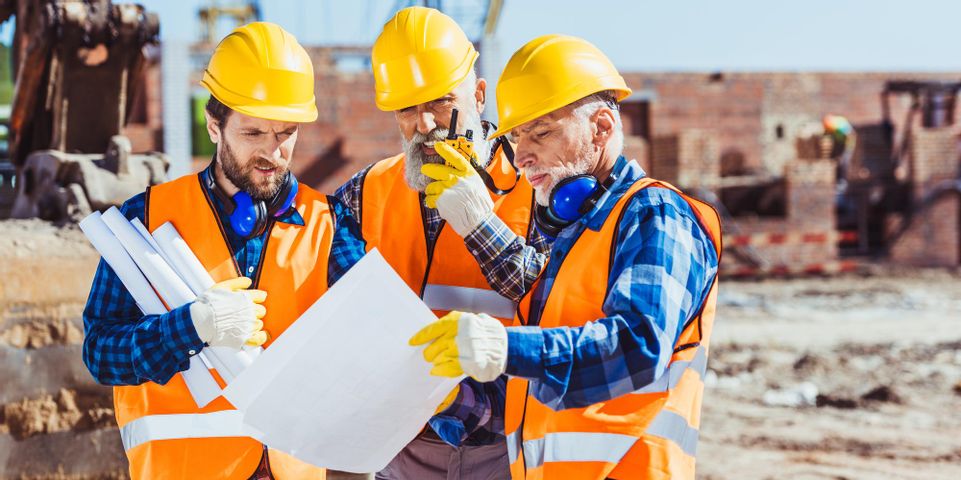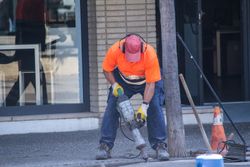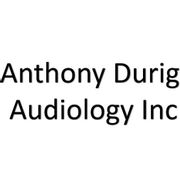A Brief Guide to Hearing Protection for Construction Workers

Unlike a heat rash or a broken bone, one of the worst construction-related injuries happens slowly: hearing loss. When they work in the industry for an extended period, construction workers will be exposed to several hearing hazards, and long hours on-site can have a permanent effect on the inner ear. If you work in this environment, use the following hearing protection guide to avoid the preserve their hearing.
What Are the Hearing Hazards on a Construction Site?
Our ears are only capable of withstanding a certain level of volume for a certain amount of time. As a general rule of thumb, people should not be exposed to sounds above 85 A-weighted decibels (dBA) for extended periods. After eight hours of exposure to these noises, you could be at risk of hearing loss.
Unfortunately, many construction tools are well above this volume level. For example, a jackhammer measure at 100 dBA, a chain saw is 110 dBA, and a hammer drill clocks in at 115 dBA. Exposure to these sounds for just an hour a day can result in hearing loss. In addition to power tools, you’ll encounter many other loud noises on a construction site, from clanging metal support beams to crane and bulldozer operations. All loud sounds fold down the hair cells inside the ear, and if this occurs repeatedly, the cells can die, causing permanent hearing loss.
How Can I Avoid This Hearing Loss?
 If you’re hoping to avoid the need for hearing aids and want to continue to enjoy music and conversation as usual, you’ll need to take precautions at work. Since you may not be able to predict when you’ll hear a loud noise on a construction site, it’s smart to wear hearing protection devices, such as foam earplugs, at all times. If you know you’ll be working with an exceptionally powerful tool, place professional-grade earmuffs on top of your earplugs.
If you’re hoping to avoid the need for hearing aids and want to continue to enjoy music and conversation as usual, you’ll need to take precautions at work. Since you may not be able to predict when you’ll hear a loud noise on a construction site, it’s smart to wear hearing protection devices, such as foam earplugs, at all times. If you know you’ll be working with an exceptionally powerful tool, place professional-grade earmuffs on top of your earplugs.
It’s also smart to build sound barriers to block off loud operations from other employees who might not be wearing protective equipment, and to ensure they receive a break from the clatter. Construction site managers can do this by building plywood barriers to enclose a work area, or by purchasing boxes to place over stationary machinery like generators.
If you’re used to working on a construction site, you may need to have your hearing assessed by an audiologist. At Anthony Durig Audiology of Stow, OH, their team is proud to offer testing services and to provide hearing aids and other assistive devices to patients who have suffered auditory damage. To learn more about their reliable services and custom treatment plans, visit their website. You can also call (330) 688-4115 to make an appointment for a hearing protection consultation.
About the Business
Have a question? Ask the experts!
Send your question

